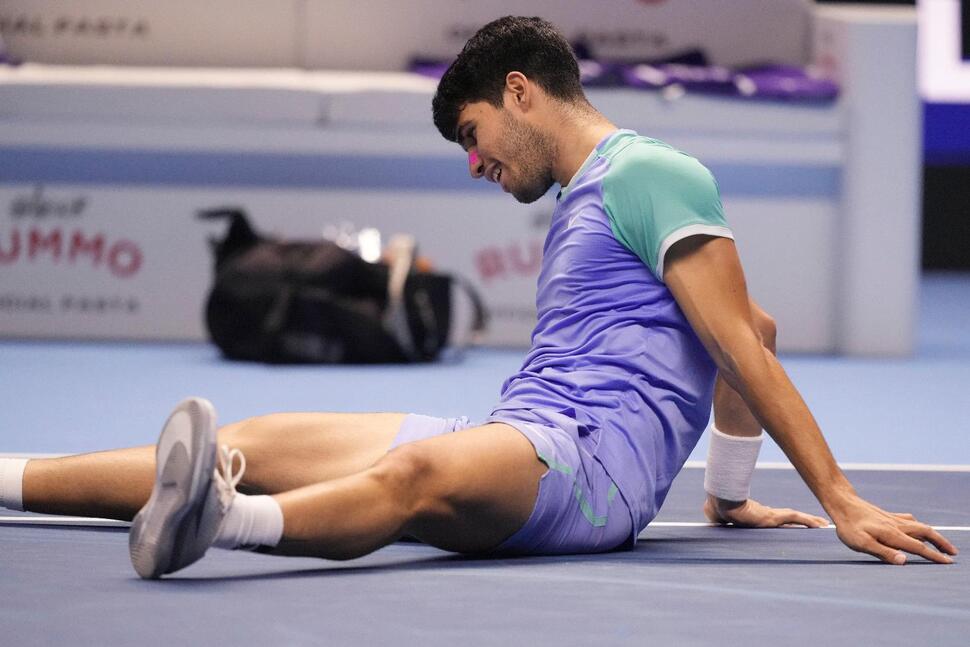Paxton Lynch may not have a future in Denver.
Like most fans, I didn’t know what to make of Memphis QB Paxton Lynch when he declared for the draft. At 6’7″ with a big arm, he had all the “tools” that you’d want in a franchise QB. He was also coming off a sparkling final year in college, when he passed for 3776 yards, 28 TDs, and only 4 ints, with strong efficiency stats: 66.8% completion, 8.5 yards per attempt.
In a way, it felt like this mysterious Lynch had single-handedly brought a program to life. Memphis had gone 4-8 and 3-9 before Lynch took full-time reins. With Lynch as the clear starter, the team went 10-3 and 9-3.
Looking back at it now, we have to wonder exactly how much his coach Justin Fuente had to do with that college success.
At the time Lynch broke out as an unknown entity, coach Fuente was still largely an unknown himself. A former coordinator at TCU, he had a bumpy start in his first head coaching job at Memphis, with those first 4-8 and 3-9 seasons. His breakout (10-3 in 2014, 9-3 in 2015) coincided with Lynch’s.
But since then? Fuente has kept that success going.
Fuente parlayed that success with Memphis into a higher-profile job with Virginia Tech. In his first season with the Hokies, Fuente went 10-4. Fuente’s first QB at Virginia Tech was a big kid named Jerod Evans, a transfer student from a community college. As a dual threat, Evans thrived right away in Fuente’s offense: completing 63.8% of his passes for 29 TDs, 8 ints, and an 8.4 yards per attempt average. He also ran for 846 yards and 12 more TDs. I expected Evans to generate some draft buzz, but he went undrafted. He signed with Philadelphia but was waived with an injury settlement. His pro career is murky at best.
Meanwhile, coach Fuente continues to chug along. This year he’s starting a talented freshman QB named Josh Jackson. So far, so good. The Hokies are 4-0, with Jackson thriving to the tune of 11 TDs, 1 int, with a 65.2% completion percentage and 9.8 yards per attempt.
The point of all this is to suggest that, in hindsight, we should have worried more about Paxton Lynch being a product of the system than we did at the time. It’s way too early to dismiss Lynch’s chances of grabbing a starting job in Denver or somewhere else, but it’s a good reminder that when we study draft prospects — particularly ones like Lynch — we should always consider the context and their systems at the time. It was hard to judge Lynch for that back then because coach Justin Fuente was so new to the landscape, but it’s something we can keep in the back of our minds now.




